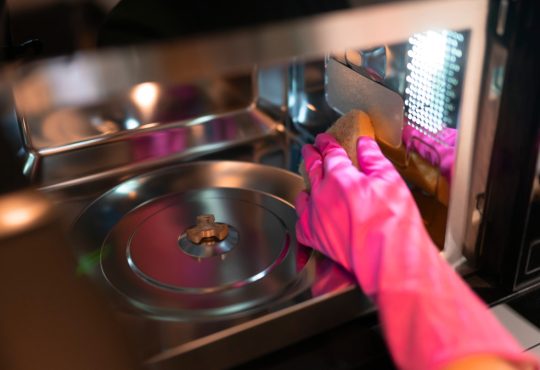At a time when families are looking for clean, efficient and cost-effective energy sources, propane and natural gas have become extensively popular. Both the fuels have turned out to be great options for cooking, heating, and other applications at home. In fact, propane is usually a byproduct of natural gas processing, which implies that both fuels ultimately come from the same source.
Propane vs. Natural gas: Which one is better?
Propane and natural gas share a number of similarities, including key perks that make them so popular. Both the fuels are non-toxic, colorless, odorless, and burn cleanly. Despite these similarities, the fuels do differ in some ways which make propane a better choice. The following points should help you understand why it is wiser to use propane instead of natural gas in your home:
- Eco-friendliness
As mentioned above, both propane and natural gas are clean burning fuels without a lot of emission. However, to gauge the eco-friendliness of a fuel, one must consider its cleanliness both before and after combustion. Unlike propane, which doesn’t cause much harm to the environment in case of a leak, natural gas contains methane. The greenhouse effect of methane is much stronger than that of carbon dioxide, which is why a natural gas leak can be dangerous for the environment.
- Storage and transportation
While choosing a fuel for your home, you also need to consider the convenience of obtaining and storing it. Now, homes usually receive natural gas through underground pipelines. While this ensures a 24/7 supply, it isn’t possible to lay natural gas pipelines in every locality. However, propane tanks are easy to transport and you can store propane for long periods of time. All you have to do is find a reliable supplier to ensure that you can obtain propane throughout the year.
- Energy efficiency
One of the biggest differences between propane and natural gas is their energy efficiency. While a cubic foot or propane can give you 2516 BTUs of energy, a cubic foot of natural gas offers only 1030 BTUs. This essentially implies that propane is about 2.5 times more efficient than natural gas as a source of energy. Naturally, this also makes propane a more cost-effective energy source as you have to purchase less fuel.
- Safety
Both propane and natural gas are inflammable and can potentially result in a fire hazard if you aren’t careful. However, propane is much safer than natural gas due to the differences in storage and supply methods. It is much harder to detect leaks in natural gas pipelines, which means that you may not be able to repair the damage in time to prevent a disaster. The likelihood of propane gas tank explosions is low as well. Moreover, damage from a natural gas line explosion can be much more widespread as the pipelines connect to a large network.
Are there any drawbacks of using propane?
One of the very reasons behind the popularity of propane is the fact that it doesn’t come with many issues. Propane is easy to store, safe to use, and can help you save money. Even propane-run heating appliances are more cost-effective than appliances running on natural gas, as they have a longer lifespan.
The only problem that you may potentially face is obtaining high-quality propane has throughout the year. However, even this shouldn’t pose a challenge as long as you buy propane from a reputed and reliable supplier. Hence, propane is a better choice than natural gas in every aspect. The versatility of propane allows individuals to use the fuel for a wide range of purposes.









